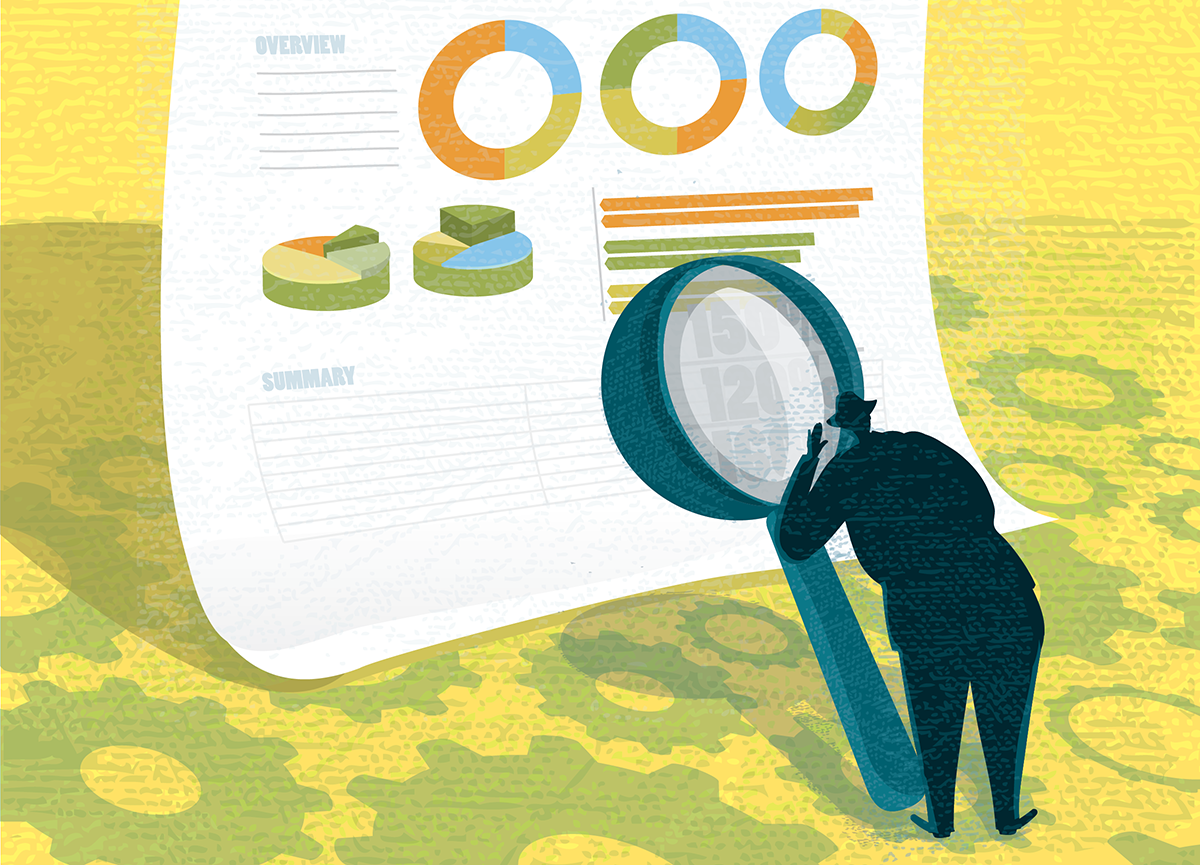European Union (EU) finance ministers agreed to add 10 countries to a blacklist of alleged tax havens, including the United Arab Emirates (UAE) and Bermuda, despite last-minute pushback by some EU nations.
The agreement means the list will now have 15 jurisdictions, triple the number it had before the review. This change comes just over a year after the EU agreed to “name and shame” a small number of nations as part of its efforts to fight opaque practices that facilitate tax avoidance by multinationals and individuals.
The blacklist “has had a resounding effect on tax transparency and fairness worldwide,” EU Economic and Monetary Affairs Commissioner Pierre Moscovici said in a statement. “We are raising the bar of tax good governance globally and cutting out the opportunities for tax abuse.”
Recommended For You
The EU list is composed of countries that “either failed to deliver on their commitments to comply with required good-governance criteria, or did not commit to do so at all,” according to the European Commission, the EU executive in Brussels.
The updated list includes existing transgressors American Samoa, Guam, Samoa, Trinidad and Tobago, and U.S. Virgin Islands, while new entries are Aruba, Barbados, Belize, Bermuda, Dominica, Fiji, Marshall Islands, Oman, Vanuatu, and the UAE.
The final list didn't come without drama, with Romanian Finance Minister Eugen Teodorovici suggesting ahead of the meeting that there would be no agreement at Tuesday's session. His comments highlighted the difficulties the bloc has been facing in signing off on a common list.
The inclusion of the UAE was a particularly thorny issue, with Italy and Estonia pushing until the last minute to get the nation off the list, according to officials familiar with the discussions.
The EU's struggle to agree on the common list of alleged tax havens came just a week after the bloc's members rejected another blacklist on likely money-laundering hotspots—and it highlights the degree to which lobbying and national trade interests interfere with EU action against questionable financial practices.
The key aim of of the updated tax-haven blacklist has been to act as an incentive for countries to bring their tax systems in line with EU standards, for fear of being named and shamed.
“Thanks to the listing process, dozens of countries have abolished harmful tax regimes and have come into line with international standards on transparency and fair taxation,” Moscovici said.
© Touchpoint Markets, All Rights Reserved. Request academic re-use from www.copyright.com. All other uses, submit a request to [email protected]. For more inforrmation visit Asset & Logo Licensing.



